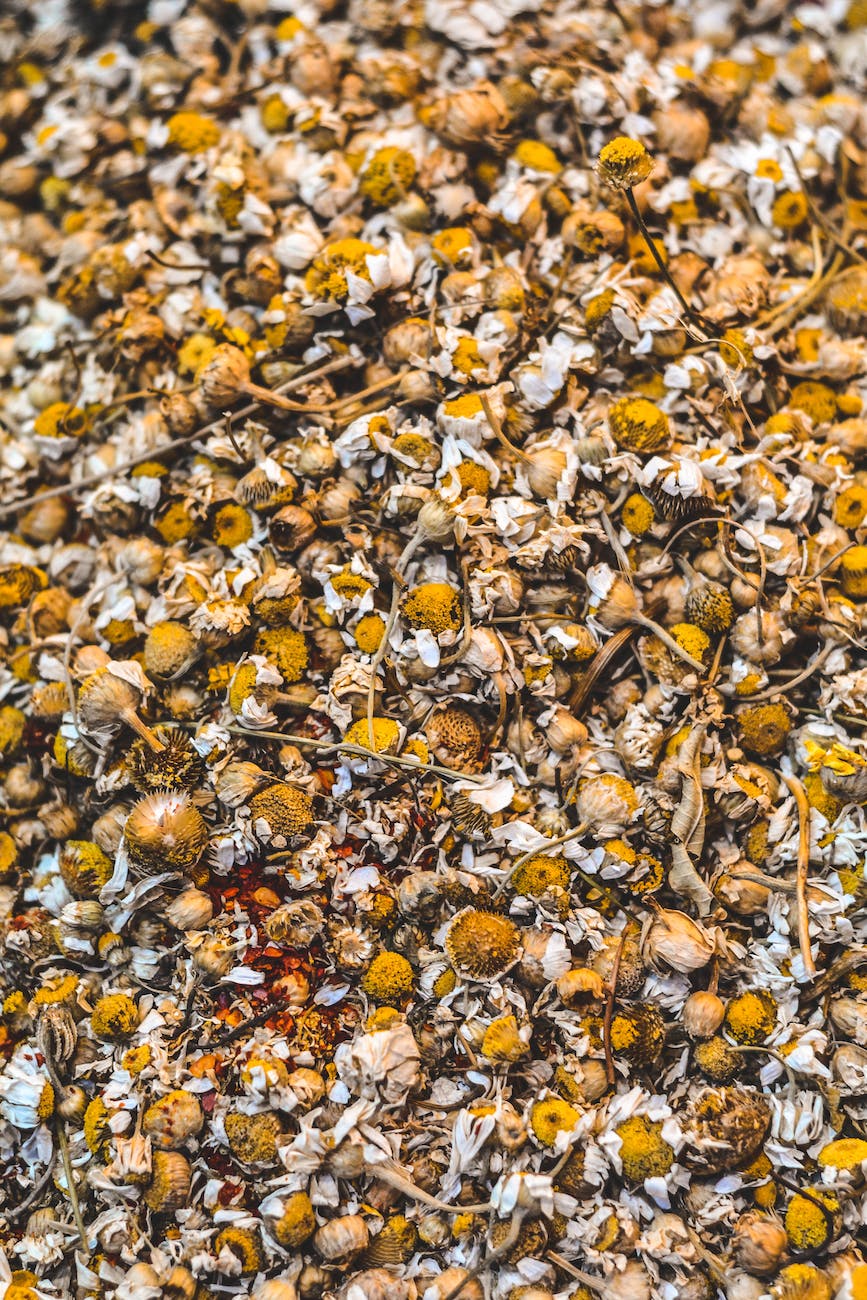
Introduction: A plant-based lifestyle has gained immense popularity and for good reason. Not only is it beneficial for our overall health and the environment, but it can also provide excellent nourishment for our brains. In this blog post, we’ll explore the power of vegan brain food and how plant-powered nutrition can enhance cognitive function and support optimal brain health. Get ready to discover the vibrant world of vegan brain-boosting foods! 🌱🧠
1. Leafy Green Vegetables: Green Powerhouses for Brain Health 🥬 Leafy green vegetables like spinach, kale, and Swiss chard are packed with essential nutrients that promote brain health. These greens are rich in antioxidants, including vitamin C and vitamin E, which help protect brain cells from oxidative stress. They are also a great source of B vitamins, which support neurotransmitter synthesis and aid in cognitive function. Incorporating leafy greens into your diet provides a nutritional foundation for a healthy brain.
2. Omega-3 Rich Seeds: Fueling Brain Function 🌰 While fatty fish is often touted as a source of omega-3 fatty acids, vegans can obtain these essential fats from plant-based sources. Flaxseeds, chia seeds, and hemp seeds are all excellent choices. Omega-3 fatty acids, especially alpha-linolenic acid (ALA), contribute to brain health by reducing inflammation and supporting the integrity of brain cell membranes. These seeds also provide fiber and other essential nutrients that promote overall brain function.
3. Nuts for Cognitive Wellness: Nature’s Brain-Boosting Snacks 🥜 Nuts, such as almonds, walnuts, and Brazil nuts, are a powerhouse of nutrients that benefit the brain. They are rich in healthy fats, including omega-3 fatty acids, which support brain health and cognitive function. Nuts also provide vitamin E, antioxidants, and minerals like magnesium, which play a role in enhancing memory, improving mood, and reducing the risk of cognitive decline. Snack on a handful of nuts to fuel your brain throughout the day.
4. Berries: Colorful Antioxidant Superstars for Cognitive Health 🍓 Berries, including blueberries, strawberries, and raspberries, are vibrant and flavorful brain-boosting gems. These colorful fruits are packed with antioxidants that protect brain cells from damage caused by oxidative stress. Berries also contain flavonoids, which have been shown to improve memory and cognitive function. Incorporating a variety of berries into your diet provides a sweet and nourishing treat for your brain.
5. Plant-Based Protein: Building Blocks for Brain Health 🌿 Protein is essential for brain health as it provides the building blocks for neurotransmitters and helps maintain healthy brain function. Vegan sources of protein include legumes (beans, lentils, chickpeas), tofu, tempeh, and quinoa. These plant-based proteins also provide fiber and complex carbohydrates, ensuring a steady release of energy to support optimal brain function throughout the day.
6. Whole Grains: Fueling Brain Power 🌾 Whole grains like oats, brown rice, quinoa, and whole wheat are excellent sources of complex carbohydrates that provide a steady supply of glucose to the brain. Glucose is the brain’s primary source of energy, supporting focus, memory, and cognitive performance. Whole grains also provide fiber, vitamins, and minerals that contribute to overall brain health and function.
Conclusion: A plant-based diet can provide a wealth of benefits for your brain health and cognitive function. By incorporating leafy green vegetables, omega-3-rich seeds, nuts, berries, plant-based protein, and whole grains into your diet, you provide your brain with essential nutrients, antioxidants, and healthy fats. Embrace the power of vegan brain food and nourish your mind with the vibrant flavors and nourishing qualities of plant-powered nutrition. Your brain will thank you! 🌱












